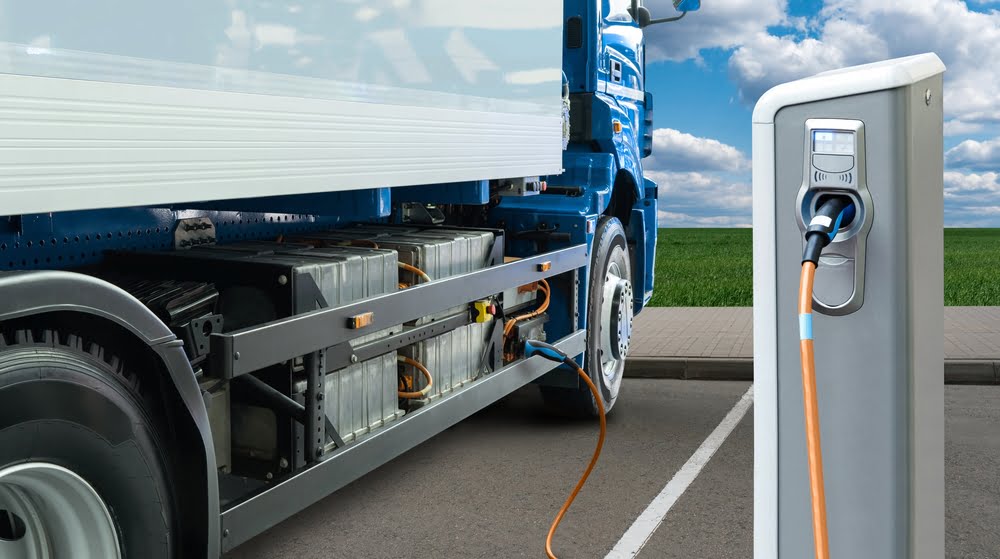The main reason that makes the transition to zero-emission transport vehicles complex is the problem of charging infrastructure for electric trucks.
Climate and environmental measures force cleaner transport in the city. Companies therefore need to bundle flows of goods. But that costs money, requires deviating from ingrained patterns and is all in all easier said than done.
Companies that want to use zero-emission trucks have to count on more complicated planning than with diesel vehicles. The transport capacity of an electric truck is smaller than that of a tractor-trailer combination. This means that more electric vehicles are needed to replace a diesel vehicle.
In addition, the range of battery electric vehicles is limited. This means that scheduling charging moments will become part of the daily planning. In addition, the time for charging is longer than when refueling a diesel vehicle. Charging times should therefore be scheduled as much as possible at times when a truck would not be driving, such as during the night, at loading and unloading locations or during rest breaks.

The main reason that makes the transition to zero-emission transport vehicles complex is the problem of charging infrastructure for electric trucks. How long it takes to charge a battery-electric vehicle depends on the capacity of the charging station. If it is necessary to top up during the day, a fast charging system that works with a high power is required.
The consequence is that charging infrastructure must be available in a multitude of places. In addition to substantial investment costs, which can amount to more than 350 euros for just one pole with a heavy connection (170.000 kWh), the limited space on the electricity grid is often a showstopper.
To tackle this complexity, entrepreneurs will have to start purchasing electric vehicles now, agree new deployment patterns with clients and continue to put pressure on the government and energy suppliers to meet the preconditions, says Machiel Bode, Transport sector specialist. Logistics and Mobility, ING Sector Banking.


